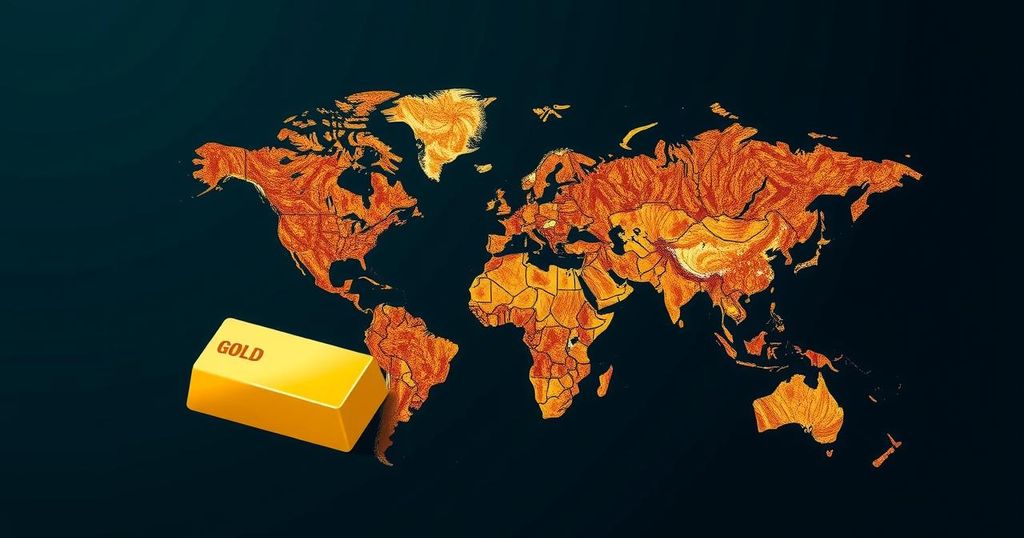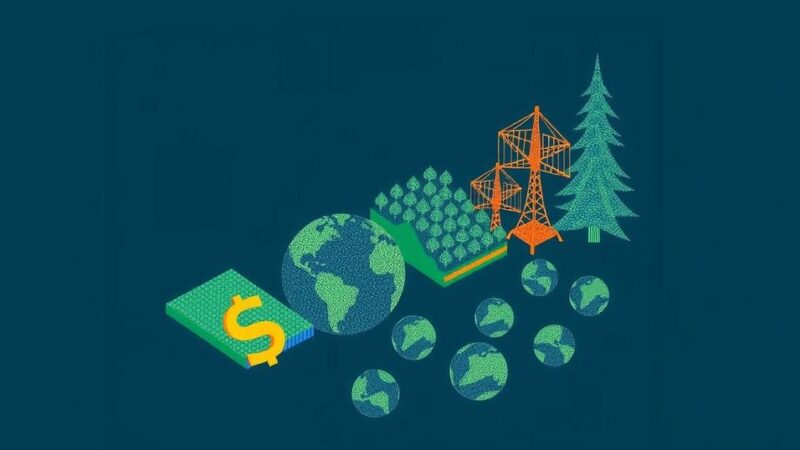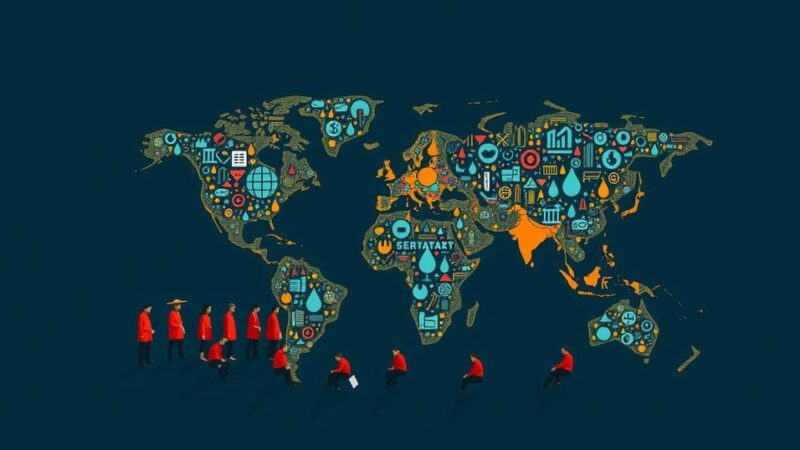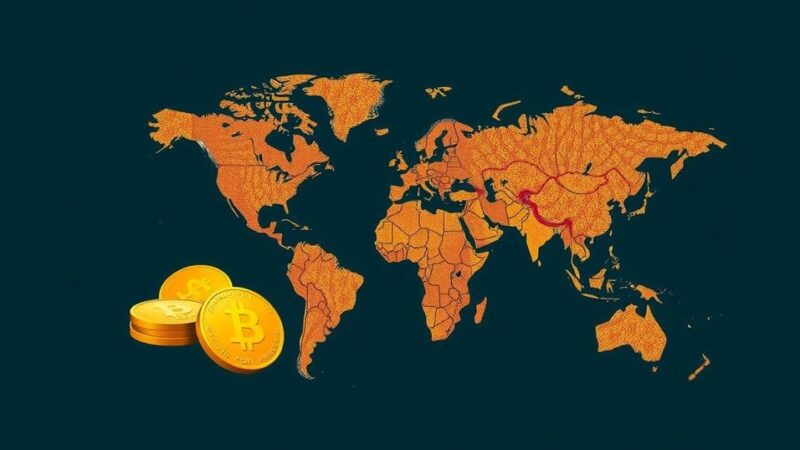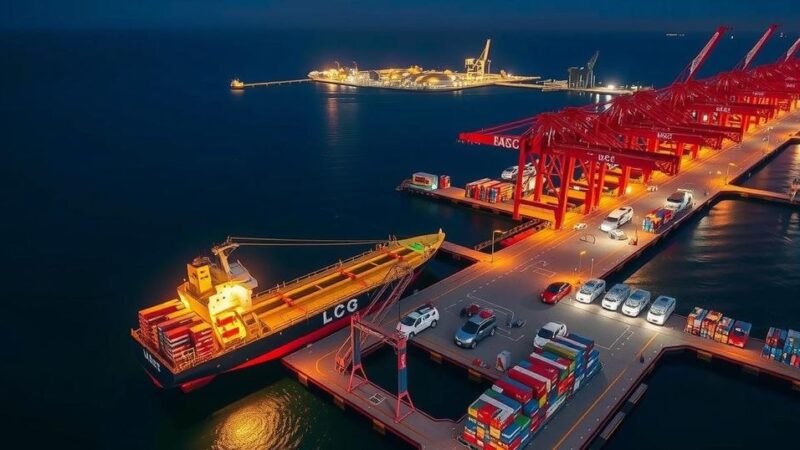The IMF is urged to sell 4% of its gold reserves, valued at approximately $9.52 billion, to provide much-needed debt relief to low-income countries struggling with climate change impacts. The CCRT currently supports only 30 nations and has limited funds, thereby necessitating innovative solutions to better assist these vulnerable regions. Selling gold could significantly replenish resources, facilitating broader support for distressed economies.
The International Monetary Fund (IMF) has been urged to sell 4% of its gold reserves—amounting to approximately $9.52 billion—to provide debt relief to low-income countries adversely impacted by climate change. This recommendation arises amidst discussions at the COP29 summit, where climate financing is a central theme. The IMF’s current financial aid structure, particularly the Catastrophe Containment Relief Trust (CCRT), only supports 30 nations despite them facing significant debt due to recent crises, such as the Covid-19 pandemic. The CCRT offers temporary relief for eligible countries by covering their IMF loan repayments for up to two years; however, its funding and eligibility criteria are limited. Researchers argue that many climate-vulnerable countries do not qualify for the CCRT, as its conditions do not sufficiently address the specific vulnerabilities these countries face. Selling a small portion of the IMF’s 90.5 million ounces of gold could enhance financial resources, allowing support for 86 vulnerable countries. Current gold prices hover around $2,600 per ounce, suggesting that this sale would not only replenish the CCRT but also provide immediate assistance to nations in dire need. Historical context underscores that the IMF’s last major gold sale occurred between 2009 and 2010 to bolster its lending capacity. With repayments to the IMF comprising a growing portion of national debts for countries like Madagascar and Mozambique, the need for such reforms becomes increasingly critical, as these nations struggle under the weight of their obligations to the IMF. Furthermore, any proposed sale of gold would necessitate widespread approval from the IMF’s executive board and commitment from member states to redirect proceeds towards the CCRT, which is considered a vital priority due to its lack of conditionality compared to other IMF lending programs.
The focus on selling a portion of the IMF’s gold reserves arose from increasing financial pressures on low-income countries, particularly those affected by climate-related disasters. The CCRT, although established to provide relief, has proven inadequate in addressing the comprehensive needs of all vulnerable nations. With ongoing discussions on climate finance occurring at international summits like COP29, the viability of alternative funding sources has become a pertinent issue. Historically, the IMF has utilized its gold reserves to finance its operations, but such actions have become rare in recent years, further heightening the urgency for innovative solutions to support countries facing climate-induced economic challenges.
The discussion surrounding the proposed sale of 4% of the IMF’s gold reserves highlights a critical avenue for providing debt relief to numerous low-income countries grappling with the effects of climate change. By leveraging the value of gold, it may be possible to enhance the reach and efficacy of the CCRT, which remains crucial for supporting nations without imposing stringent conditions. Such a measure would not only aid vulnerable countries but also address the growing urgency of equitable financial solutions in response to climate threats.
Original Source: www.mining.com
